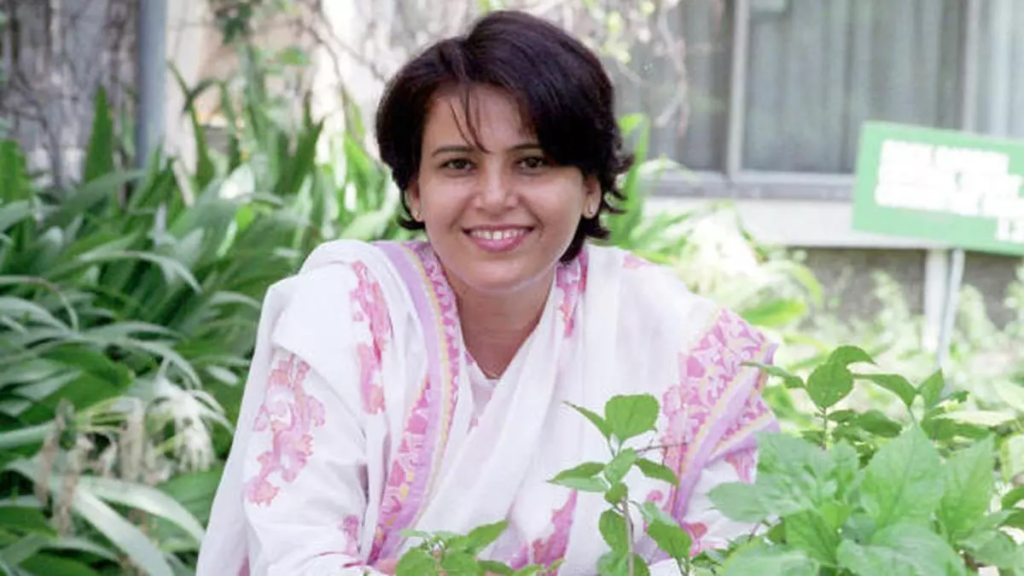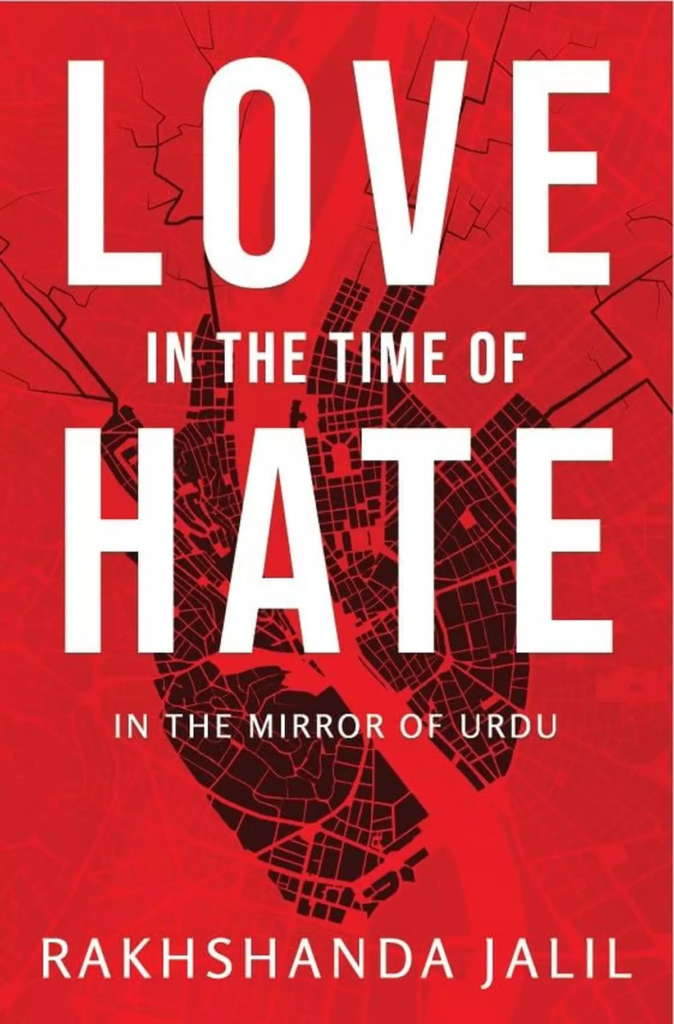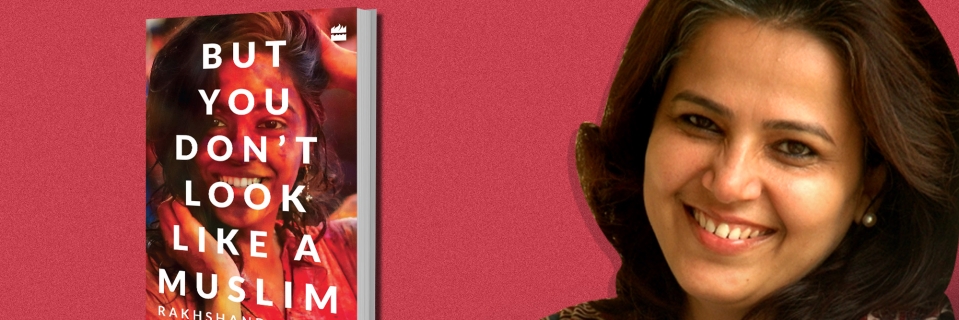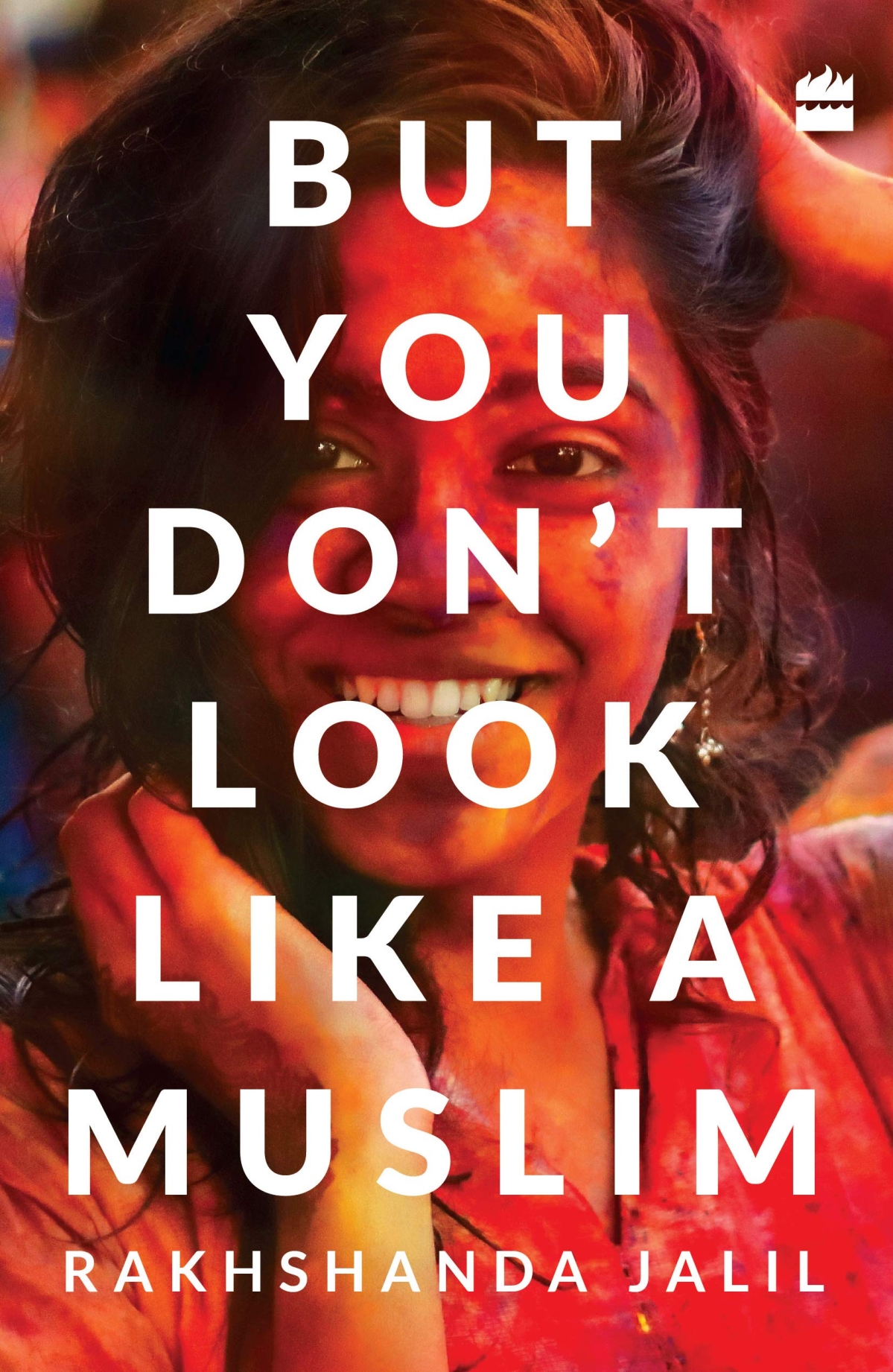NEW DELHI :
Rakhshanda Jalil’s latest work examines Urdu poetry’s role in promoting secularism and resisting communal division in contemporary India.

Rakshanda Jalil at India International Centre in New Delhi on September 06, 2004. | Photo Credit: Photo: R. V. Moorthy
Phir roshan kar zehar ka pyaala, chamka nayi saleebain,
Jhuthon ki duniya mein sach ko taabaani de Maula!
(Light up the poison cup again, make new crosses shine,
In this world of lies, illuminate truth, O Lord!)
-A ghazal by Urdu poet Nida Fazli
Noted literary historian Rakhshanda Jalil’s latest book, Love in the Time of Hate: In the Mirror of Urdu, recently released in New Delhi, delves into the rich history of Urdu poetry. It demonstrates how the language and its poets are mounting a robust resistance against the spread of right-wing-sponsored hatred and the rising climate of polarisation in India. Divided into sections such as essays, politics, people, and passions and places, the book features insightful Urdu poetry. Anchored in the theme of love for one’s country, the work illustrates how India’s social fabric is fraying and how Urdu verses, with their secular themes, challenge the push for Hindu supremacy.
“Unlike publicists and propagandists, a shayar (poet) rarely falls victim to bigotry, prejudice, and narrow-mindedness,” Rakhshanda told the audience at a book discussion event held by Karvaan India, a multimedia platform promoting pluralism and inclusion, in Delhi on July 7. “Urdu poets have always been known for their liberalism and eclecticism. They have championed the mingling of cultures and communal harmony.”
According to Rakhshanda, in recent years, Urdu has been stigmatised as a language of Muslims. Political representatives have been barred from taking oaths in Urdu, and artists have often been prohibited from creating Urdu graffiti. Also, many everyday Urdu terms are being removed from school textbooks and official communications.
“Urdu is antithetical to what Hindutva preaches. Unlike Hindutva’s obsession with homogeneity, Urdu embodies the essence of a pluralistic India, mirroring a multitude of worldviews,” she told Frontline. Citing the example of Syed Fazl-ul-Hasan (1875-1951), better known as Hasrat Mohani, she noted that the communist freedom fighter performed Hajj 11 times in his life while maintaining devotion to Lord Krishna. Mohani, who wrote the famous ghazal “Chupke-chupke” (later sung by Ghulam Ali), coined the slogan “Inquilab Zindabad” which changed the course of India’s independence movement.
Rakhshanda discussed Nadir Shah’s invasion of India (1739), the Battle of Plassey (1757), and events surrounding 1857 as defining moments in Urdu poetry. “During the Independence movement, as the political climate shifted, Urdu poetry chronicled anti-colonialism, anti-fascism, anti-imperialism, nationalism, feminism, and land reforms,” she said, noting that the recent anti-CAA movement revived public resistance poetry.
While reading from her book, she shared poems about Tipu Sultan (1782-99), the anti-colonial ruler who died fighting the British. She also mentioned dedicating an essay to Urdu poetry about Jawaharlal Nehru, who is currently a pet target of right-wing misinformation campaigns.

In her new book Love in the Time of Hate: In the Mirror of Urdu, Rakshanda Jalil invokes the power of love, inclusivity, and harmony that is the trademark of poetry and literature. | Photo Credit: By Special Arrangement
Rakhshanda discussed the Progressive Writers Movement’s impact on post-independence Indian cinema. “India and Pakistan became independent simultaneously, but their paths diverged. In post-independence India, cinema, literature, and intellectuals effectively interpreted the zeitgeist,” she said, discussing the Nehruvian vision of India. “Nehru’s death marked the end of an age of innocence”.
As Hindutva “hate politics” increases attacks on symbols of Muslim rule in parts of India, some Hindu extremists claim the Taj Mahal was originally “Tejo Mahal, a Shiva temple”.” Rakhshanda mentioned including poets’ descriptions of the Taj Mahal in her book.
Highlighting contradictions between India’s founding vision and Hindutva ideology, she said, “We’ve reached a point where a family can be attacked for storing meat in their fridge. Your name now defines your identity, regardless of economic or educational status.”
Sharing her personal experience as a Muslim, Rakhshanda described difficulty finding decent rental accommodation: “It’s been months. It feels like a Sisyphean task.”
She characterised her book as an expression of depression and fear, adding, “We didn’t learn from the COVID pandemic. Even then, we raised the “Corona-Jihad” issue and called for boycotts of Muslim food vendors.”
Among various poems by notable Urdu poets on Gautam Buddha, Ali Sardar Jafri’s iconic work on communal riots, “Awadh Ki Khaak-e-Hasin” (The Beautiful Land of Awadh), is featured. Two key verses read:
Ram-o-Gautam ki zameen hurmat-e-insaan ki ameen
Baanjh ho jaaegi kya khoon ki barsaat ke baad
Ai watan khak-e-watan woh bhi tujhe de denge
Bach raha hai jo lahu abke fasaddat ke baad
(This land of Ram and Gautam, guardian of human dignity,
Will it turn barren after the rain of blood?
O homeland, we’ll give you what remains,
The blood left after this carnage of riots.)
source: http://www.frontline.thehindu.com / Frontline / Home> Books> Poetry / by Ashutosh Sharma / July 12th, 2024










